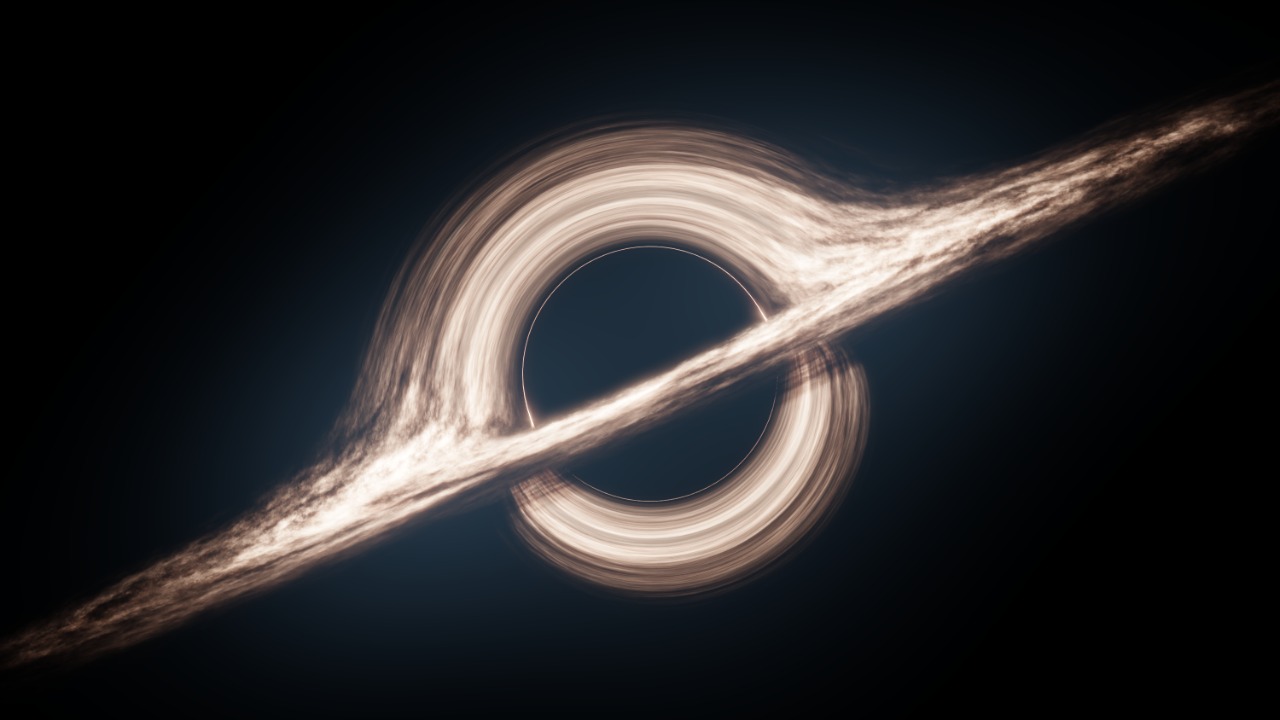
In a striking departure from traditional astronomical thought, scientists have recently proposed that black holes, long considered the ultimate regions of destruction and inhospitability, could potentially be habitable. This raises fascinating questions about life, the universe, and our place in it. Let’s delve into the theories, research, and potential implications of this groundbreaking hypothesis.
Black Holes: A Brief Overview
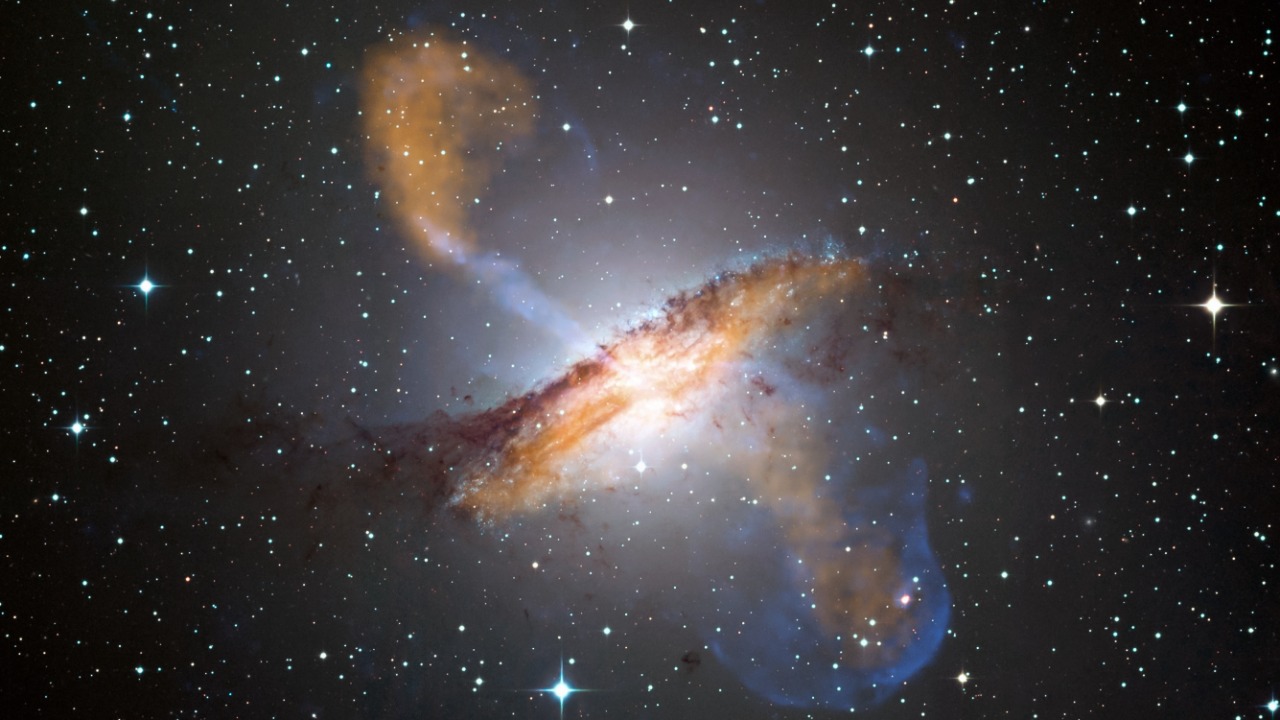
Black holes are regions of space with gravity so intense that no matter or radiation can escape their pull. Anything that ventures too close is sucked in, never to be seen again. This has traditionally led scientists to view black holes as the epitome of inhospitability. The extreme gravitational pull, the singularity at the center, and the event horizon (the point of no return) all contribute to this perception.
However, recent research has challenged the age-old assumption that black holes are uninhabitable. The very characteristics that make them seem inhospitable might, according to some theories, open up possibilities for life under certain conditions.
New Theory: Habitable Black Holes
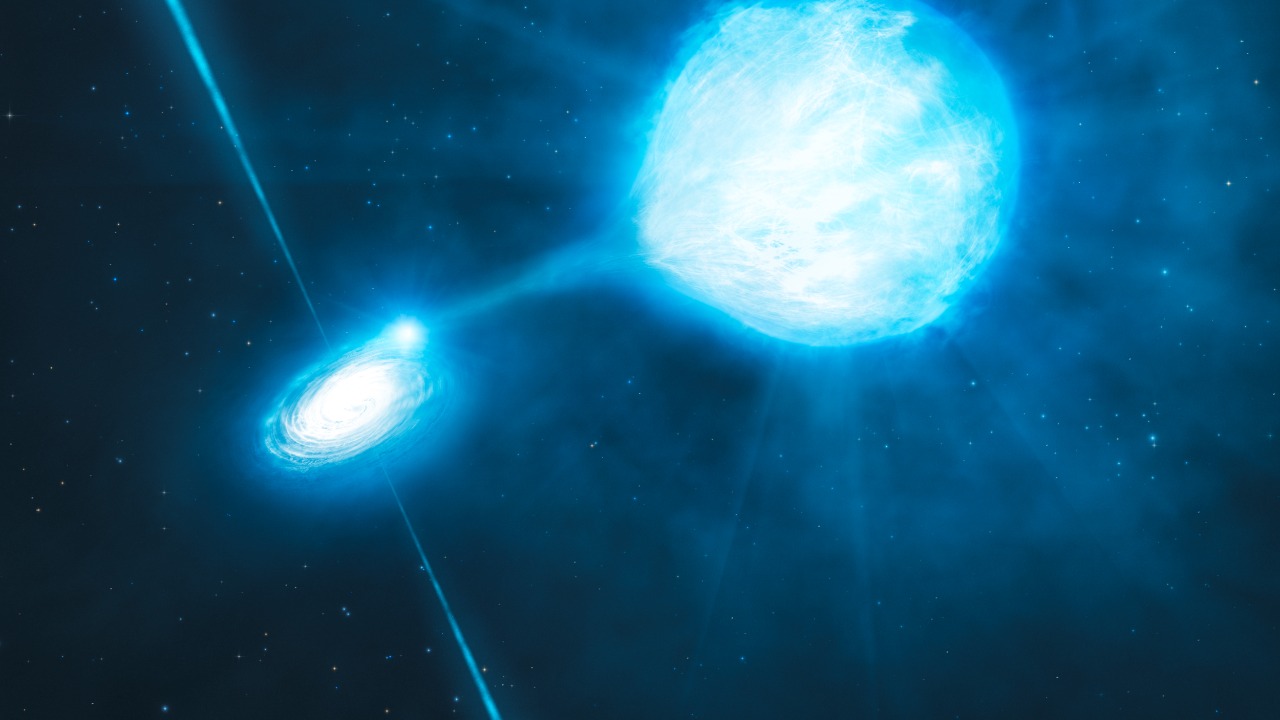
A recent theory suggests that black holes might not be as inhospitable as we once thought. This theory, presented in the research paper “Habitable Planets Around White and Brown Dwarfs: The Perils of a Cooling Primary” on arxiv.org, argues that certain black holes could potentially support life.
The paper posits that if a planet were located at a safe distance from a black hole, and if the black hole were providing the right amount of energy, conditions might be right for life. This idea is highly controversial, and many scientists remain skeptical. Critics argue that the intense gravity and radiation from a black hole would be detrimental to life. However, proponents of this theory suggest that under specific conditions, these factors could be mitigated.
The Role of Dark energy in Black Holes
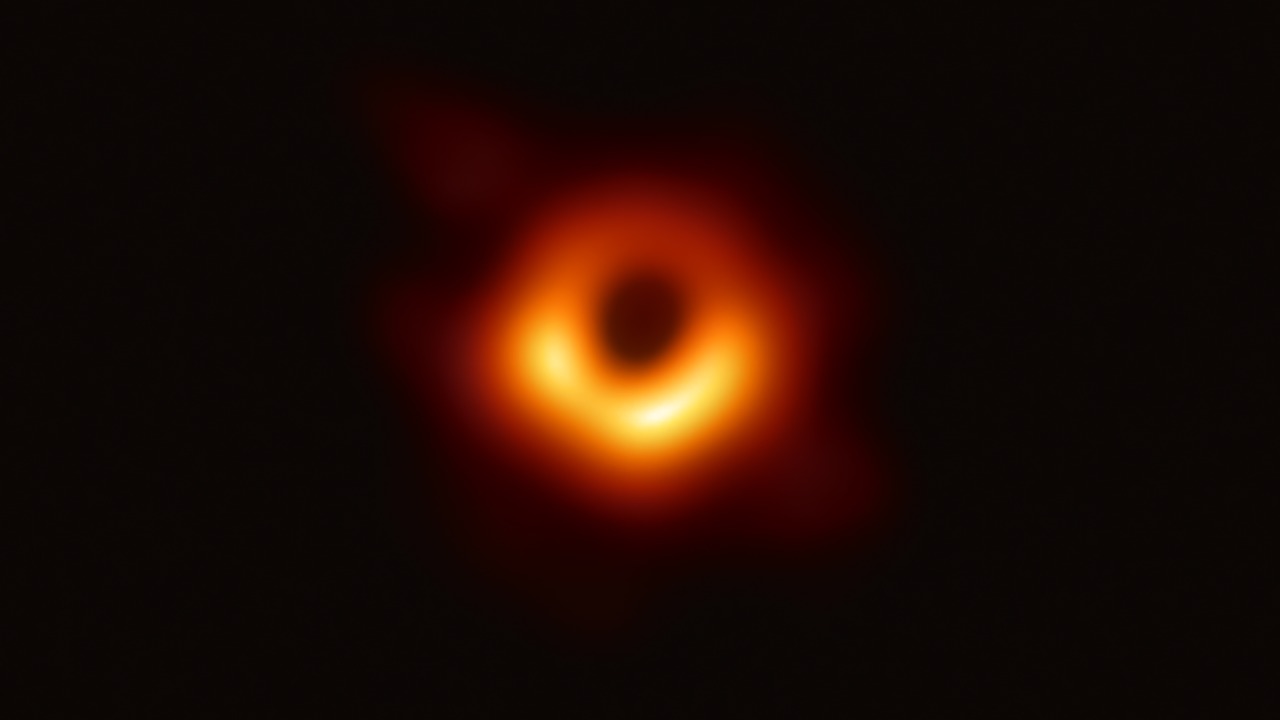
Another important element in this discussion is the role of dark energy in black holes. A recent study from Durham University suggests that black holes may be a source of dark energy, the mysterious force driving the expansion of the universe.
If this hypothesis is correct, it could fundamentally change our understanding of black holes. Rather than simply being devourers of matter, they could also be creators of energy. The implications of this possibility are staggering, and could potentially open up new avenues for research into the habitability of black holes.
Primordial Black Holes: A New Perspective
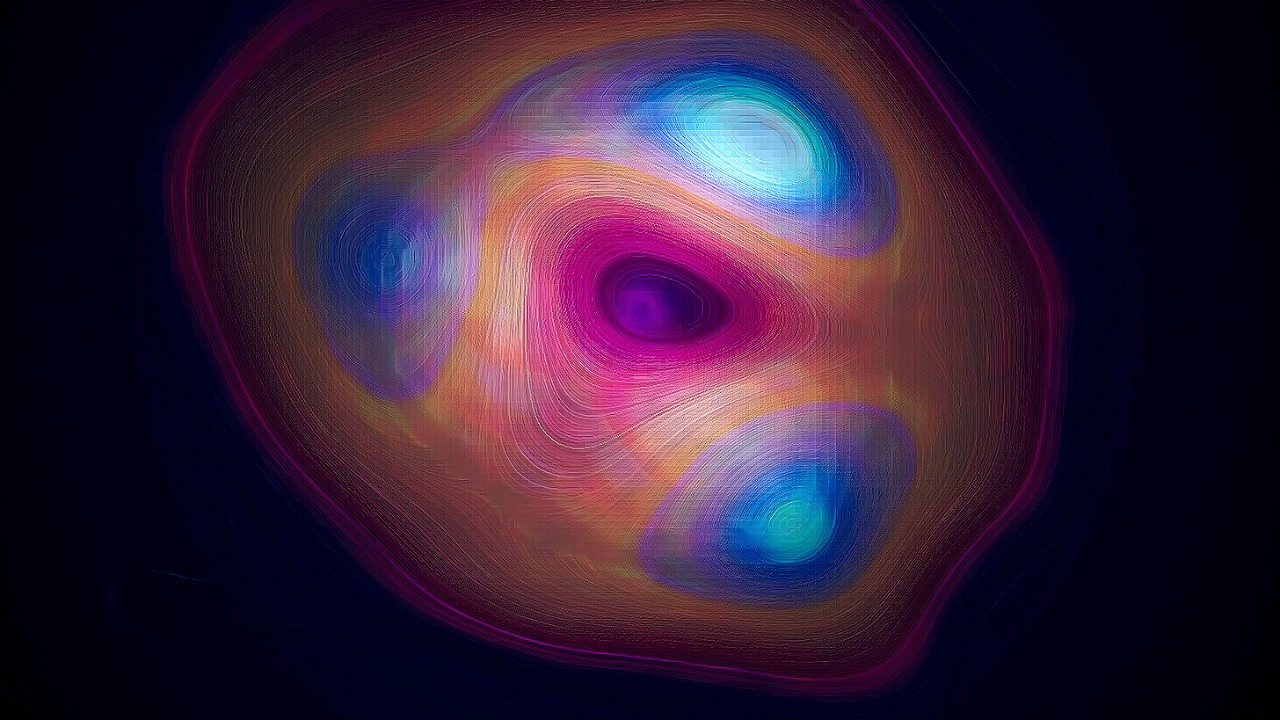
Adding a new layer to this discussion is the concept of primordial black holes. These are theoretical black holes that are believed to have formed shortly after the Big Bang. They are different from conventional black holes in that they may be much smaller, possibly even microscopic.
According to research from the University at Buffalo and reports from Mashable, these primordial black holes could be hiding in everyday objects here on Earth. If this is true, it could offer a new perspective on the habitability of black holes and potentially provide novel opportunities for study and exploration.
Implications and Future Research Directions
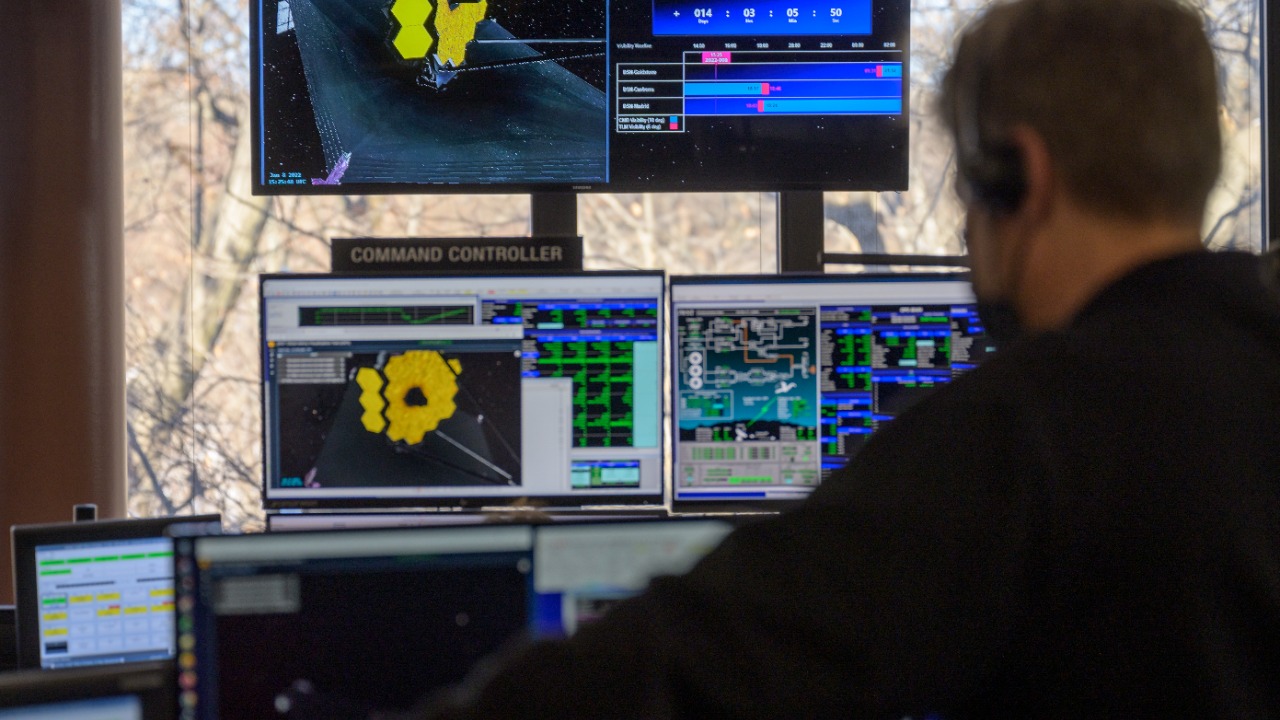
The potential habitability of black holes could have profound implications for our understanding of the universe. It opens up new possibilities for the search for extraterrestrial life and challenges our assumptions about what environments can support life. If life can exist in a black hole, it means we have to rethink what we consider to be “habitable”.
Future research in this field promises to be exciting. Scientists will continue to explore the potential habitability of black holes, the role of dark energy, and the existence of primordial black holes. These studies may lead to significant breakthroughs and could potentially impact our approach to space exploration and colonization.